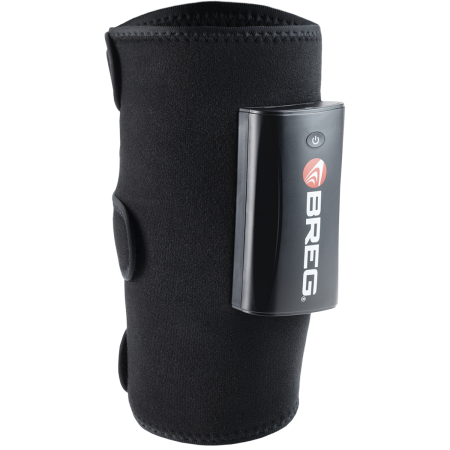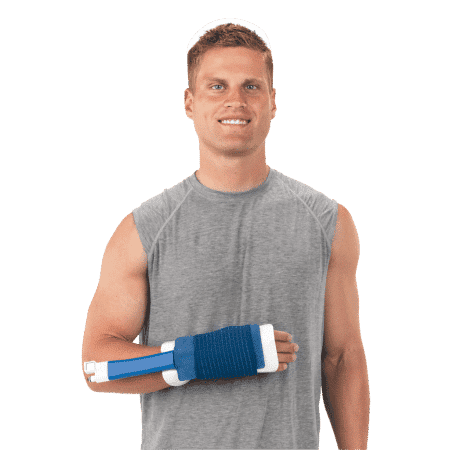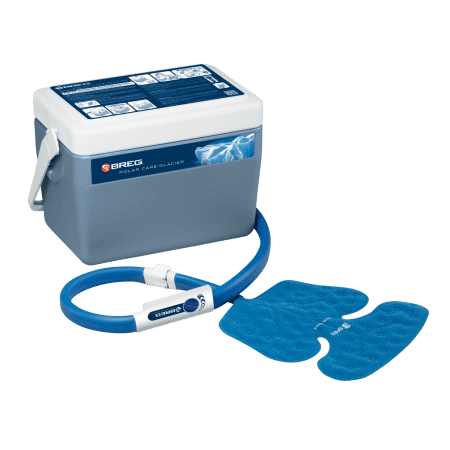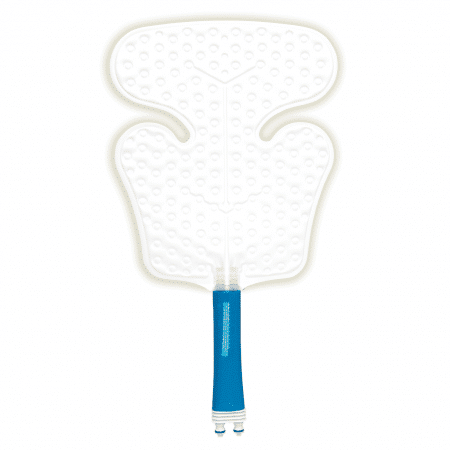Product Features*
Lowers Risk of Venous Thromboembolism (VTE): VPULSE lowers incidence of VTE after major orthopedic surgery compared to pharmacological prophylaxis. VTE is the leading factor for hospital readmission following major orthopedic surgery and the most common preventable cause of hospital death.
Provides Possible Alternative to Anticoagulants: VPULSE offers physicians another option to help tailor preventative care to patient risk and provides an alternative for patients contraindicated for anticoagulants.
Provides Convenient Home Therapy: As hospital stays continue to shorten, VPULSE provides a solution for patients to take home and keep. This allows facilities to offer mechanical DVT prophylaxis for the 2-3 weeks patients need it most, without the hassle of renting or servicing equipment.
Improves Patient Experience: Combining three therapies into one convenient device optimizes patient comfort during recovery. With motorized cold therapy and accompanying water bottles, patients avoid the hassle of frequently switching out ice cubes or gel packs.
Improves Compliance: The added comfort of cold and compression therapies may increase patient compliance compared to DVT prophylaxis alone. A removable data card records patient compliance to enable physician monitoring.
Lowers Total Cost: Bundled payment of care initiatives are driving single payment for an orthopedic episode within 30 days of surgery, including costly DVT readmissions. By reducing DVT-related expenses and potentially reducing costs for anticoagulant regimes or compression device rental programs, VPULSE helps reduce the total cost of the episode.
*Data on file
Patent #: 9,114,055








